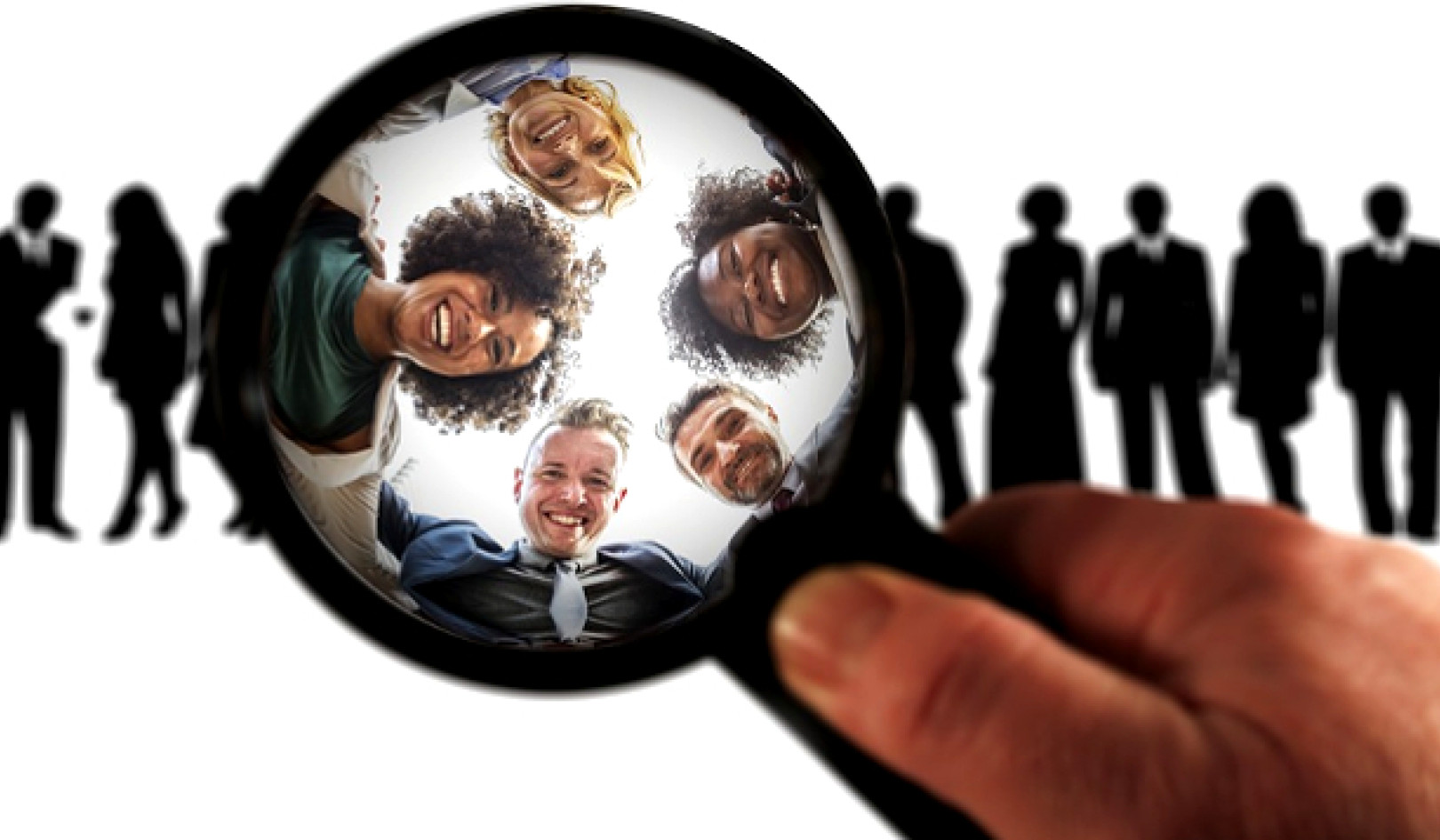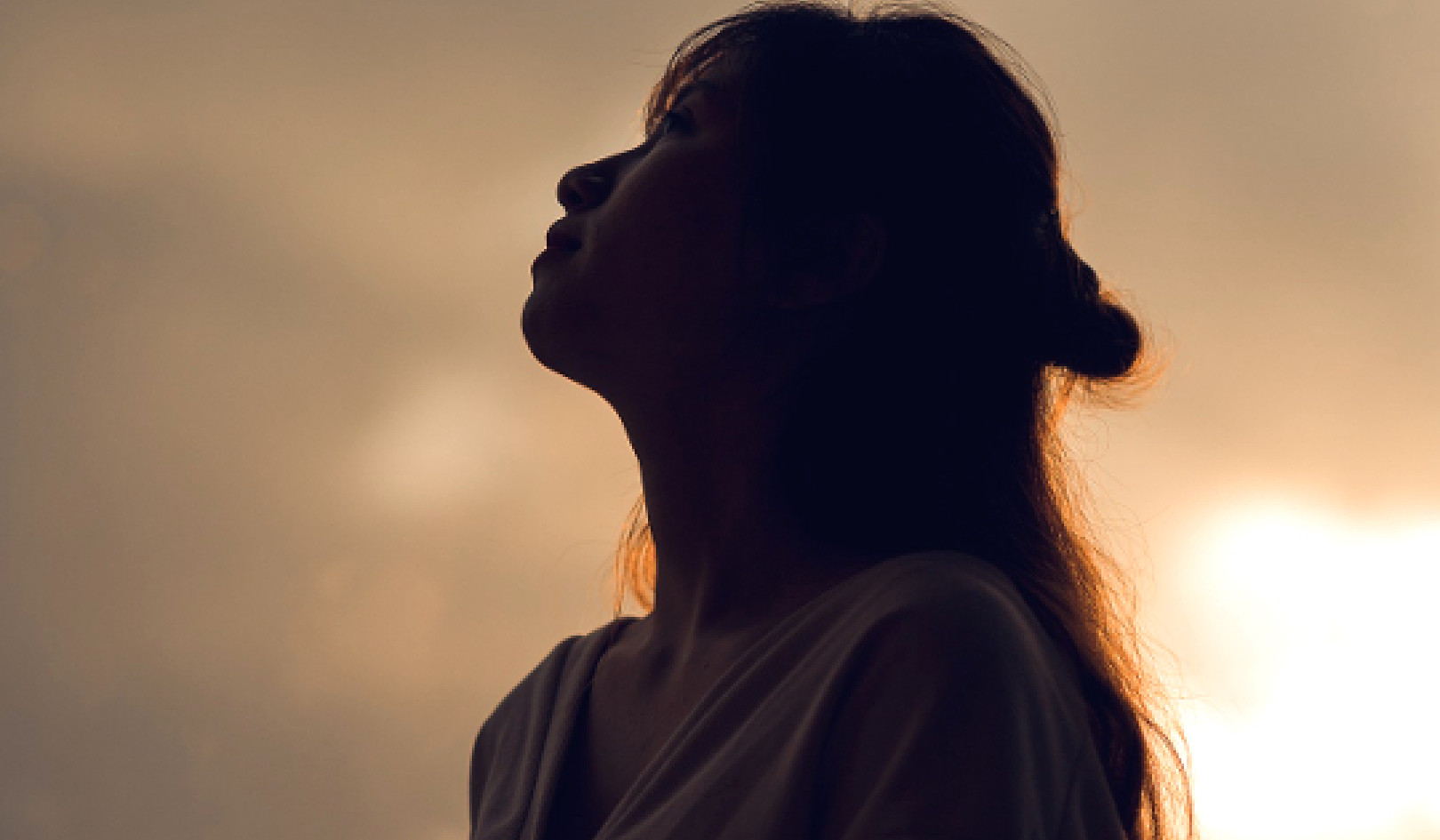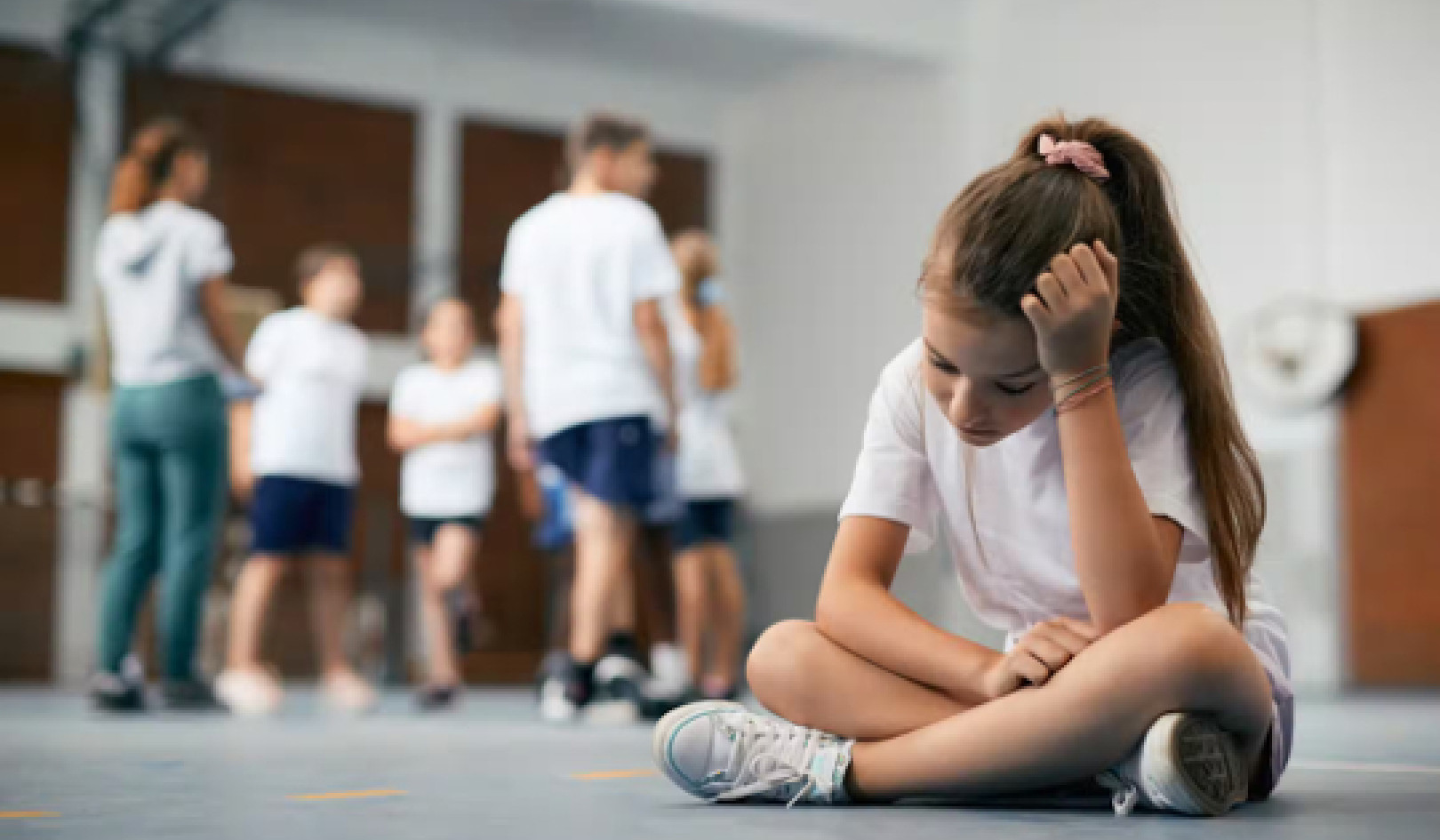 Drinking is often a social activity. Shutterstock
Drinking is often a social activity. Shutterstock
Among the raft of changes following the UK’s coronavirus lockdown in March 2020 was the closure of pubs – an integral part of British cultural life. While the 1990s heyday of pubs is long gone, they remain unique spaces where people can meet in a familiar environment and feel connected to a community. They also offer a culturally sanctioned space to consume large quantities of alcohol.
As academics who research people’s drinking habits, our attention immediately turned to how lockdown affected how much alcohol people are consuming. There’s been increasing concern about lockdown-induced harmful drinking and how this should be addressed as part of lockdown recovery. The latest survey findings suggest that more than one in four people drank more than usual during lockdown.
But our interviews with people over lockdown paint a more mixed picture. Part of some unpublished research we’re still working on, they suggest that, although many people missed pubs, they are not necessarily ready to rush back to those that have reopened.
Home drinking vs going dry in lockdown
During lockdown, we’ve been interviewing a cross-section of UK society about their drinking habits. All self-defined as people who “drank socially” prior to lockdown, although there was some variation in people’s pre-lockdown drinking practices (from the odd drink at home to daily drinking or regular pubbing and clubbing), and in the ways they are drinking during lockdown.
For some, the unsettling experience of unstructured daily routines and lockdown-induced stress seemed to contribute to drinking more (and more often) during lockdown. One implication of pubs shutting may be a gradual acclimatisation to drinking at home. Following the rise in alcohol sales in shops, health professionals and academics have voiced concerns about increased solitary drinking during lockdown due to boredom or to ease stress.
Our data tentatively mirrors some of these concerns. Mel*, a 37-year-old furloughed project manager with a young daughter was surprised to find that she was drinking five or six nights a week compared to three or four before lockdown, with alcohol helping her to relax and break up the day during the pandemic.
But others we spoke to used lockdown as an opportunity to stop drinking altogether. And some found moderate (or reduced) alcohol consumption more achievable and attractive than pre-lockdown thanks to the closure of pubs and lack of socialising.
Some of our interviewees said they only drank socially and reported having been galvanised to cut back or quit booze altogether, without fearing the social repercussions that might have accompanied this choice pre-lockdown. For example, Alison, a 41-year-old lecturer and relatively regular pub goer, had used lockdown as an opportunity to “get healthy” by stopping drinking almost completely, changing her diet and exercising.
Whether or not they will continue this post-lockdown is another matter. Research suggests that maintaining any healthier lifestyle changes (around alcohol, stopping smoking and exercise) may be easier for people in more privileged and financially stable situations.
The virtual pub
Some of our participants who expressed a reluctance to drink alone and missed the sociability of going to pubs talked about the value of connecting virtually, drinking with friends or family on video calls during lockdown. Our own previous research shows lots of links between alcohol use and friendships and the accounts of our participants partly concern alcohol’s positive role in facilitating intimacy and connection during online meetings in lockdown.
Some talked about attempts to recreate the pub environment at home, even calling their online meet-ups “the virtual pub”. They also ran pub quizzes online and two creative housemates we spoke to created a nightclub in their garden shed, decking the space out with lights and playing loud music.
Research shows that not drinking when others are can come with negative consequences such as the judgement of others, feelings of missing out and social exclusion. So while having virtual pub or nightclub sessions may have helped people relax, they could also involve pressure to drink alcohol.
Last orders?
Even those who enjoyed virtual pubbing tended to report that nothing could quite recreate the real pub. Our interviewees expressed how they missed face-to-face socialising and the opportunity to try sips of one another’s ales. In this sense, the reopening of pubs was sometimes met with enthusiasm.
Others were aware that the reopening of pubs does not signify a return to normality. Pubs that have reopened have strict social-distancing measures in place. There are apps to reserve tables and order drinks, along with strict rules about the proximity of bar gatherings. So pubs are not currently places where spontaneous, intimate and fluid interactions are possible.
Meanwhile, some of our interviewees expressed ambivalence or concern about returning to the local pub. Lois, 58, for example, questioned whether pubs operating under these new conditions are really authentic pubs, and expressed worries about the safety of being back in these spaces (particularly as one of her regular pub friends has been shielding at home). These are important considerations and it remains to be seen when – if indeed ever – pubs will be the pubs that we knew before as we navigate the post-lockdown world.
*Names have been changed.![]()
About The Author
Emily Nicholls, Senior Lecturer in Sociology, University of Portsmouth and Dominic Conroy, Lecturer in Psychology, University of East London
This article is republished from The Conversation under a Creative Commons license. Read the original article.

Related Books:
Atomic Habits: An Easy & Proven Way to Build Good Habits & Break Bad Ones
by James Clear
Atomic Habits provides practical advice for developing good habits and breaking bad ones, based on scientific research on behavior change.
Click for more info or to order
The Four Tendencies: The Indispensable Personality Profiles That Reveal How to Make Your Life Better (and Other People's Lives Better, Too)
by Gretchen Rubin
The Four Tendencies identifies four personality types and explains how understanding your own tendencies can help you improve your relationships, work habits, and overall happiness.
Click for more info or to order
Think Again: The Power of Knowing What You Don't Know
by Adam Grant
Think Again explores how people can change their minds and attitudes, and offers strategies for improving critical thinking and decision making.
Click for more info or to order
The Body Keeps the Score: Brain, Mind, and Body in the Healing of Trauma
by Bessel van der Kolk
The Body Keeps the Score discusses the connection between trauma and physical health, and offers insights into how trauma can be treated and healed.
Click for more info or to order
The Psychology of Money: Timeless lessons on wealth, greed, and happiness
by Morgan Housel
The Psychology of Money examines the ways in which our attitudes and behaviors around money can shape our financial success and overall well-being.
























